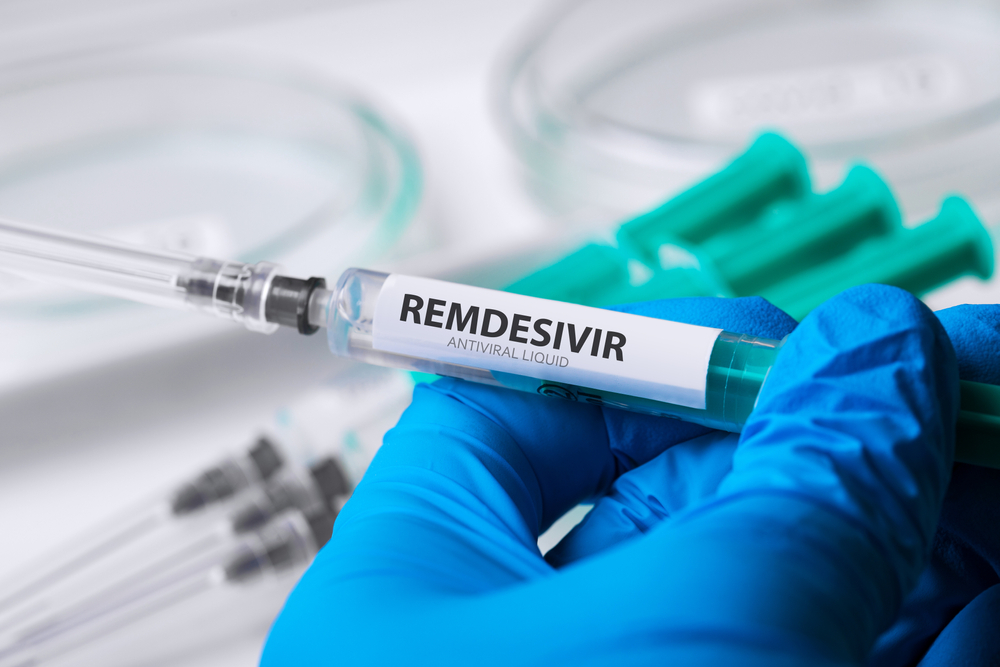
A preliminary report on data from the Adaptive COVID-19 Treatment Trial, published in the New England Journal of Medicine last week, showed positive potential for remdesivir as a treatment for COVID-19.
The randomized, controlled trial, sponsored by the National Institute of Allergy and Infectious Diseases (NIAID), brought remdesivir to adults hospitalized with moderate to severe cases of the disease. Over 58 days, 1,063 people in 10 countries were enrolled and given either Gilead Sciences, Inc.’s remdesivir, or local standard care and a placebo. Throughout that trial, which closed enrollment on April 19, 2020, investigators determined that remdesivir had the most significant effect on severe cases that required supplemental oxygen and brought, overall, a shorter time to recovery than those receiving placebos.
However, other patient subgroups saw less conclusive benefits. As a result, the findings support remdesivir as the standard therapy for COVID-19 patients with supplemental oxygen therapy needs, according to the authors, but they noted it is limited as well. Remdesivir patients faced a mortality rate of 7.1 percent at 14 days. This caused them to urge the evaluation of antivirals with other therapeutic agents to improve clinical outcomes.
The median time to recovery for patients issued remdesivir was 11 days, against the 15 days for those who received a placebo. NIAID labeled the results statistically significant. Less significant statistically, but still notable: the 7.1 percent mortality rate for remdesivir users was up against an 11.9 percent mortality rate for those issued placeboes.
All data points were reviewed by an independent data and safety monitoring board. A second NIAID trial of remdesivir began earlier this month to examine how remdesivir pairs with the anti-inflammatory drug baricitinib.




